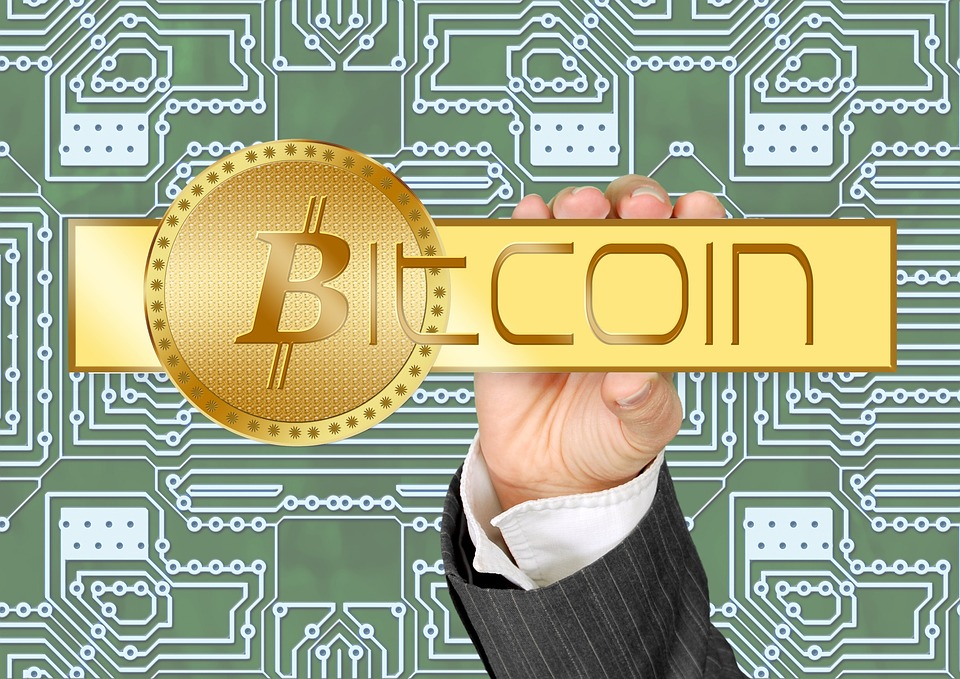Bitcoin: A Revolutionary Form of Digital Currency
Bitcoin, a decentralized form of digital currency, has been making waves in the world of finance since its creation in 2009. With its unique peer-to-peer payment system and transparent ledger, Bitcoin has opened up new possibilities for transactions and financial interactions.
What is Bitcoin?
Bitcoin is a form of digital currency that is not backed by any government or central authority. Instead, it operates on a decentralized network of computers known as the blockchain. This blockchain serves as a public ledger that records all Bitcoin transactions, ensuring transparency and security.
How does Bitcoin work?
Bitcoin transactions are processed by miners, who use powerful computers to solve complex mathematical puzzles. Once a transaction is verified by a miner, it is added to the blockchain and cannot be altered. This secure and efficient system allows for quick and low-cost transactions, making Bitcoin an attractive alternative to traditional forms of currency.
The Future of Bitcoin
As Bitcoin continues to gain mainstream acceptance, its value and popularity are only expected to rise. Many businesses now accept Bitcoin as a form of payment, and some countries are even considering adopting it as an official currency. With its decentralized nature and limited supply, Bitcoin offers a unique and potentially revolutionary form of digital currency.




